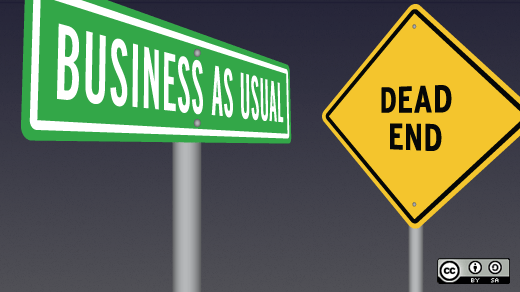When Daniel Pfeifer gave a talk about dependency management in When dependency hell freezes over at Meeting C++ last year, he said: "Try to complete the following sentence: Python has Pip, Ruby has Gem, Dart has Pub, C++ has... "
Unfortunately, we cannot continue the sentence because there is no solution for resolving and keeping track of dependencies and version compatibilities for C/C++ projects. This is where biicode is trying to fill the gap.
When biicode began, almost two years ago, many risks were taken by both the founders and investors. Our funders invested a lot of money with just a simple prototype in their hands. Our founders quit their safe and well-paying job positions at prestigious universities. The opportunity was huge though, because there are approximately 4 million C/C++ developers, and both languages represent up to almost 20% of the world's code. Moreover, these tools easily become standardized. Once the most popular and reused libraries of a specific programming language are handled with ease and effectiveness by a given dependency manager, this tool naturally becomes the standard.
Given these factors, we moved forward... but decided to keep the code private.
Competition
We knew we had a competitive advantage from the beginning: we are a file-based dependency manager, so there's no need to download humongous libraries or packages when you can point to the specific file you want to depend on and get it. We knew too that we were not alone in trying to provide a dependency manager to the C and C++ communities. RYPPL had existed for a while already, and not only is it an open source project, but its contributors are renowned developers.
To be honest: we were jealous.
We have always welcomed competition, and we thought that having such rivals would only motivate us. However, as open source software advocates and users we knew most part of the community would not only be with them but also contribute to that project. But, we keep seeing and noticing that there wasn't a day that went by in which an open source issue wasn't dealt with. Not only that, but a main purpose of the our tool is for rapid prototyping, and we believe in the pillars of the open source way.
By the end of the summer we knew what we had to do: we had to go open source.
Community
By that time, biicode had a supportive and growing community, and we had been featured on the International Organization for Standardization (ISO) committee's site. We were a relevant player in the sector! But, when "going open source" was brought up in our board meeting, it quickly became clear that everyone was not on the same page. It took the best of what we had to show the benefits of participating, building, and contributing to an open source community. We finally reached an agreement with the investors that said that once 10,000 users were signed up, we would release biicode’s code and welcome the community to its mantainement and improvement.
To some this may be a peculiar way to go open source, but maybe you know stories like it?
We are fully committed and have taken this on as a collective challenge. We are all open source users, advocates, and collaborators now.
 Some say that C and C++ are old-school programming languages, so we chose Darth Vader++ to represent us; he might be old-school but he has staying power! See what we're all about, join us, maybe win yourself one of our "I am your father" Tshirts for your code contributions.
Some say that C and C++ are old-school programming languages, so we chose Darth Vader++ to represent us; he might be old-school but he has staying power! See what we're all about, join us, maybe win yourself one of our "I am your father" Tshirts for your code contributions.






5 Comments